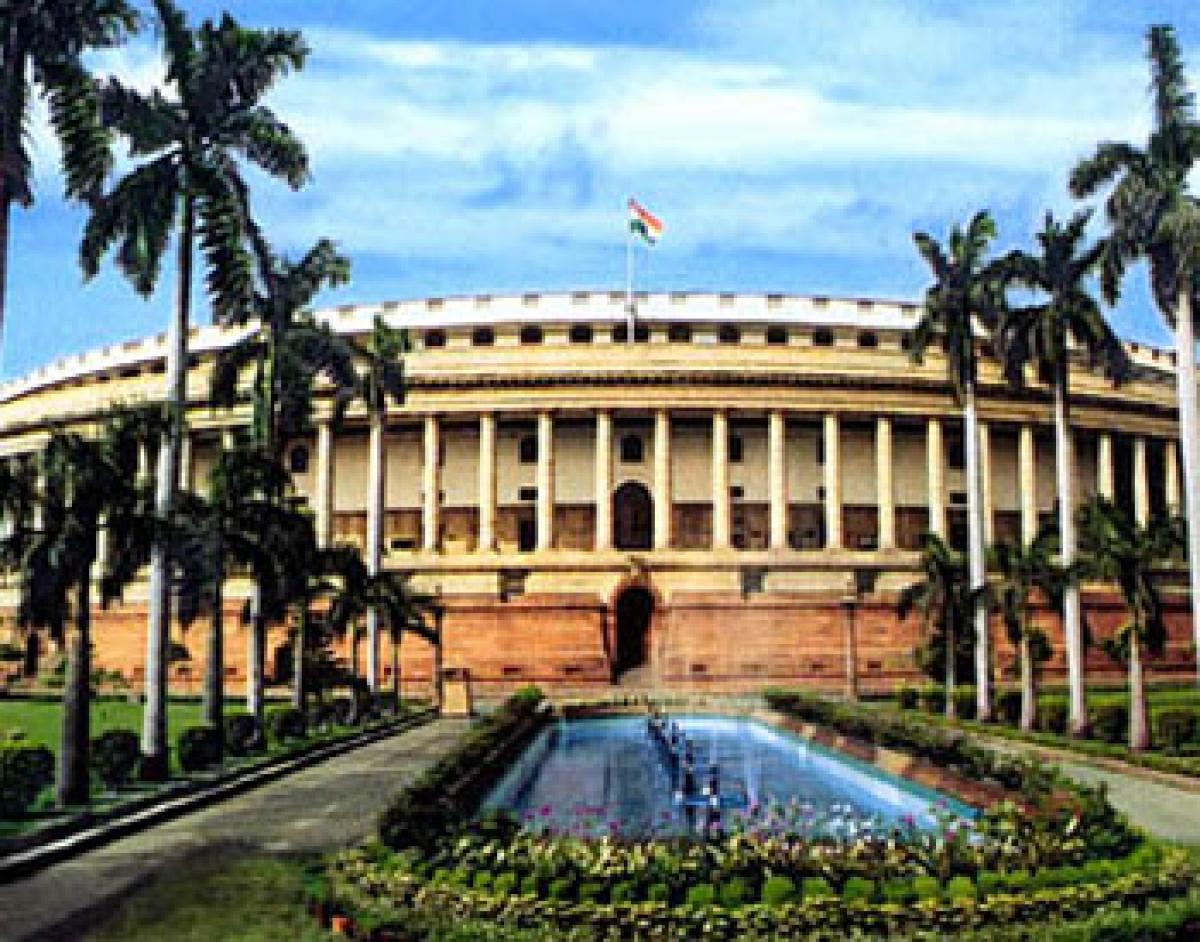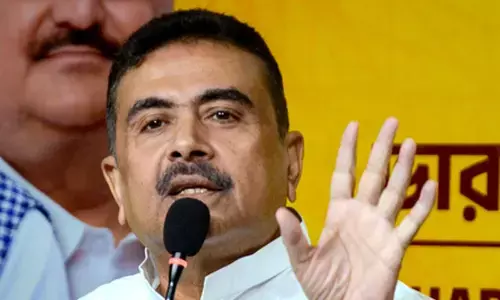Do ethics panels of LS, RS have enough teeth?

Rajya Sabha was the first among the two Houses to form an ethics committee, with a full standing committee status, on 30th May, 1997.
.jpg) Rajya Sabha was the first among the two Houses to form an ethics committee, with a full standing committee status, on 30th May, 1997.
Rajya Sabha was the first among the two Houses to form an ethics committee, with a full standing committee status, on 30th May, 1997.
Lok Sabha, in contrast, formed an ad hoc ethics panel in 2000 and has been operating as one until August 2015 when it was given a permanent standing committee status.
Ethics committees function to uphold the standards of the Parliament and thus its functions are: Formulate a Code of Conduct for members and suggest amendments to it from time to time; To oversee the moral and ethical conduct of the Members; To examine the cases referred to it with reference to ethical and other misconduct of the Members;
The ethics committee in the Lok Sabha has 15 members chaired by LK Advani, while the Rajya Sabha has 10 members chaired by Dr Karan Singh.
While a certain form of code of conduct on speech, conduct and behaviour of members of parliament has existed in most Parliaments in the world, recent years have seen a great thrust on separation between the public and the private interests of the MPs.
Central to this principle is the obligation of the MPs to declare their personal financial interest to the parliament and for such information to be made public in the form of ‘Registers of members’ interests’…
There is a significant degree of variation in the rules and procedures of the ethics committees in the Lok Sabha and Rajya Sabha. While both focus on codes of conduct for Members of Parliament, where they differ is the declaration of members’ pecuniary or financial interest.
Rajya Sabha has explicitly provided for a ‘Register of Members’ Interest,’ where MPs have to declare their interest in 5 categories: remunerative directorship, remunerated activity, majority shareholding, paid consultancy and professional engagement.
In addition to that, members are required to declare any financial interest on an issue that is being debated in the House or under consideration by any other standing committee and hence refrain from taking part to avoid conflict of interest.
Lok Sabha does not maintain such a registry of members’ interests, and apart from disclosing their assets and liabilities, MPs are not obliged to declare other financial interests that might be in direct or indirect conflict with their role as public servants.
Another significant point of difference between the two Houses is that while Rajya Sabha’s Ethics Committee acts both on complaints as well as takes up issues suo motu, Lok Sabha’s Committee acts only on complaints. One of the major shortcomings of Lok Sabha is the failure to mandate and maintain MPs register of financial interest.
This violates the principles of transparency and accountability, in that, there is no separation of members’ public and private roles. In addition to this, potential conflicts of interest remain hidden from public scrutiny and often may influence legislation and policy.
While the Rajya Sabha does provide for the maintenance of members’ register of interests, it mandates disclosure only in five categories as opposed to global standards of at least ten. Besides, the registry is not open to public by default.
Apart from the one case in 2005, where 10 members were expelled for taking money for questions, Lok Sabha does not maintain a list of complaints or enquiries, nor does the Rajya Sabha.
This either means that there is poor data management and disclosure or that no complaints have been made to the ethics committees nor have any cases been taken up suo motu. This despite the fact that several clear conflicts of interests exist between members’ private interests and parliamentary functions as this report shows.
Until there is a register of interests maintained and cases actively monitored and taken up suo motu by the ethics committees, their credibility is questionable.
In the absence of independent commissioner or any other body that looks into complaints and investigates as in other mature democracies, self-regulated ethics committees as in India do not have the potential to go too far in ensuring MPs accountability nor maintain high Parliamentary standards.
By:Bhanupriya Rao
(Full report available at factly.in)














